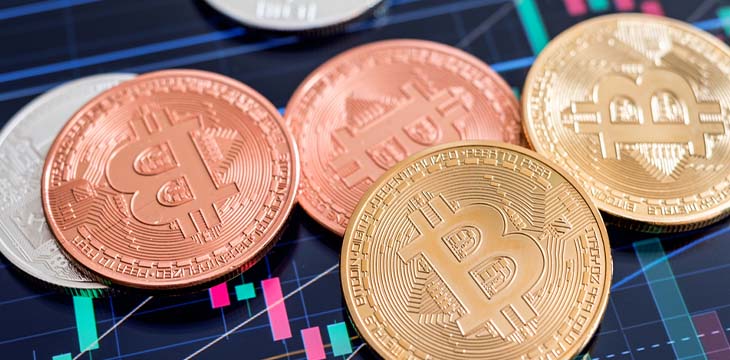|
Getting your Trinity Audio player ready...
|
The Financial Stability Board (FSB), an international body under the G20 that monitors and makes recommendations about the global financial system, has published its final recommendations for a global regulatory framework for supervising digital assets and stablecoins, which advocated for a “same activity, same risk, same regulation” approach. The recommendations took into account events of the last year, as well as feedback received during a public consultation on the topic, and included calls for cross-border cooperation between regulators, governance requirements for digital asset issuers, and mandatory disclosures for the industry.
The FSB released two sets of recommendations on July 17: the first advised on appropriate regulation, supervision, and oversight of digital asset activities and markets; the second set was specifically aimed at global stablecoin arrangements.
On digital asset activities, the FSB made nine recommendations, key features of which include data collection, monitoring issuer governance frameworks, fostering cross-border regulatory cooperation, and improved disclosures from firms. The organization also backed routine contagion risk assessments to monitor the industry’s changing impact on the broader financial system.
Working under the G20, the FSB brings together national authorities responsible for financial stability in 24 countries and jurisdictions, international financial institutions, sector-specific international groupings of regulators and supervisors, and committees of central bank experts.
Last year, the G20 tasked the FSB to coordinate the delivery of an effective regulatory, supervisory, and oversight framework for digital assets. With this in mind, in October 2022, the organization published a consultation on a proposed framework for the international regulation of crypto-asset activities that ran until December 15, 2022.
The results of this consultation are Monday’s final recommendations. However, the watchdog noted that they also took into account the digital asset industry’s tumultuous—to say the least—2022.
“The events of the past year have highlighted the intrinsic volatility and structural vulnerabilities of crypto-assets and related players,” said the FSB. “They have also illustrated that the failure of a key service provider in the crypto-asset ecosystem can quickly transmit risks to other parts of that ecosystem.”
According to the international body, this is particularly true when it comes to stablecoins.
Taking into account the TerraUSD/Luna collapse, the FSB’s final recommendations stated that “high regulatory standards” should apply to digital assets, such as stablecoins, that could be widely used as a means of payment and therefore pose significant risks to financial stability. The proposed “revisions high-level recommendations” for regulating and supervising stablecoins would, therefore, “strengthen the requirements for users’ redemption rights and call for a robust stabilization mechanism.”
The stablecoin recommendations focus on the need for issuers to provide users with a legal claim for prompt redemption, and if a stablecoin is tied to a single fiat currency, redemption should match that currency’s value. Also, national authorities should ensure redemption rights, stabilization mechanisms, and adherence to prudential standards for stablecoins.
Despite the backing of the illustrious G20, which counts the U.S., U.K, EU, and Japan among its members, the FSB is essentially a monitoring and advisory body that promotes financial stability. It has no powers to enforce its recommendations, which at the end of the day, are just that—”recommendations.”
However, the FSB is urging all countries, not just G20 member states, to apply its final digital asset and stablecoin recommendations. To this end, the organization said that it has been working closely with the sectoral standard-setting bodies and international organizations to ensure that “the monitoring and regulation of crypto-asset activities and markets is coordinated, mutually supportive, and complementary.”
Watch: Crypto regulation will make life easier for BSV blockchain

 02-28-2026
02-28-2026 




